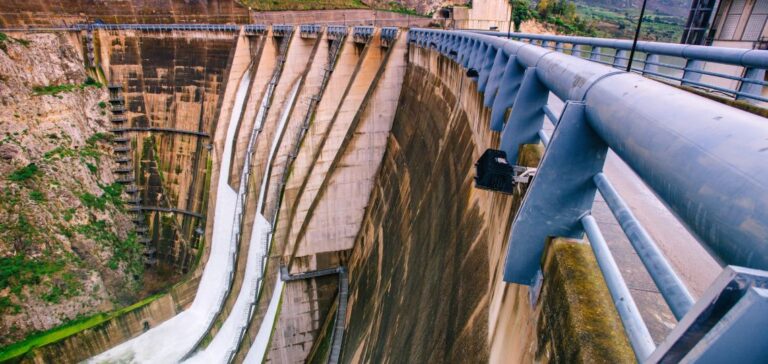Energy group illwerke vkw has announced a major breakthrough in the development of the Lünerseewerk II hydropower plant project, aimed at strengthening energy storage capacity for the European grid. The project, first presented in 2021, has now finalised its technical concept and is entering a new regulatory phase.
A technically optimised project for increased performance
According to Christof Germann, Chairman of the Board of illwerke vkw, the company is ready to submit the technical documentation for the voluntary preliminary Environmental Impact Assessment (EIA) procedure. This process aims to clarify open questions with authorities before the formal launch of the full assessment.
The project’s technical specifications have been adjusted to achieve a capacity of 1,100 megawatts in turbine mode and 1,050 megawatts in pumping mode. According to Board Member Gerd Wegeler, these optimisations will improve the future site’s efficiency while reducing construction timelines. The schedule provides for construction to begin in 2029 with commissioning in 2036.
Strengthened investments amid market pressures
Alongside technical adjustments, the project’s financial forecasts have been revised. Wegeler specified that, due to inflation, tightening market conditions and changes to the schedule, the total investment is estimated at around EUR2.65bn ($2.84bn).
The Lünerseewerk II project will utilise existing infrastructure and natural resources available in the alpine region of Vorarlberg. Germann highlighted that construction will generate temporary jobs and significantly contribute to the local economy. The project’s official website indicates that Lünerseewerk II will play a central role in securing European energy supply by integrating wind and solar power into the grid.






















